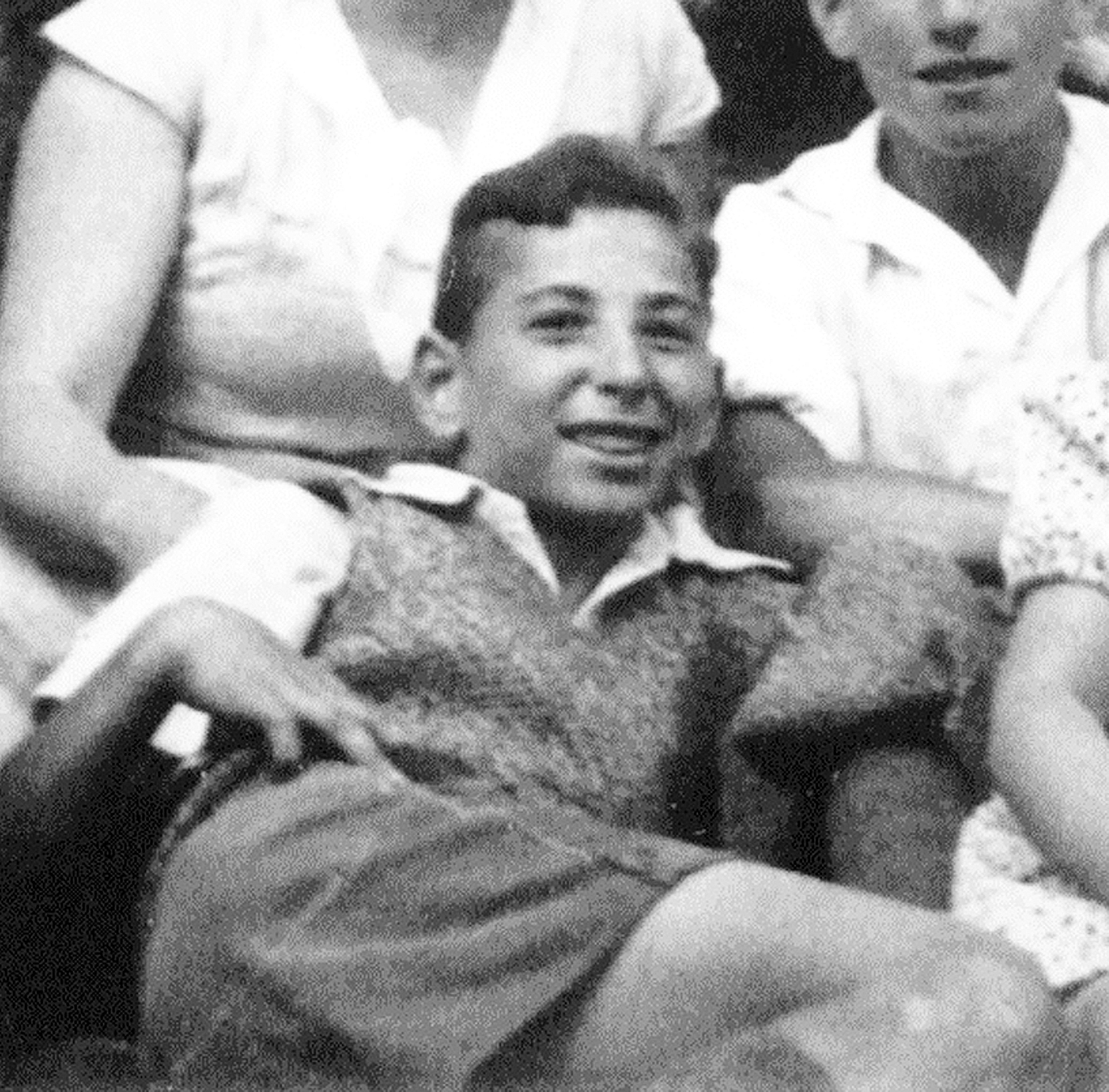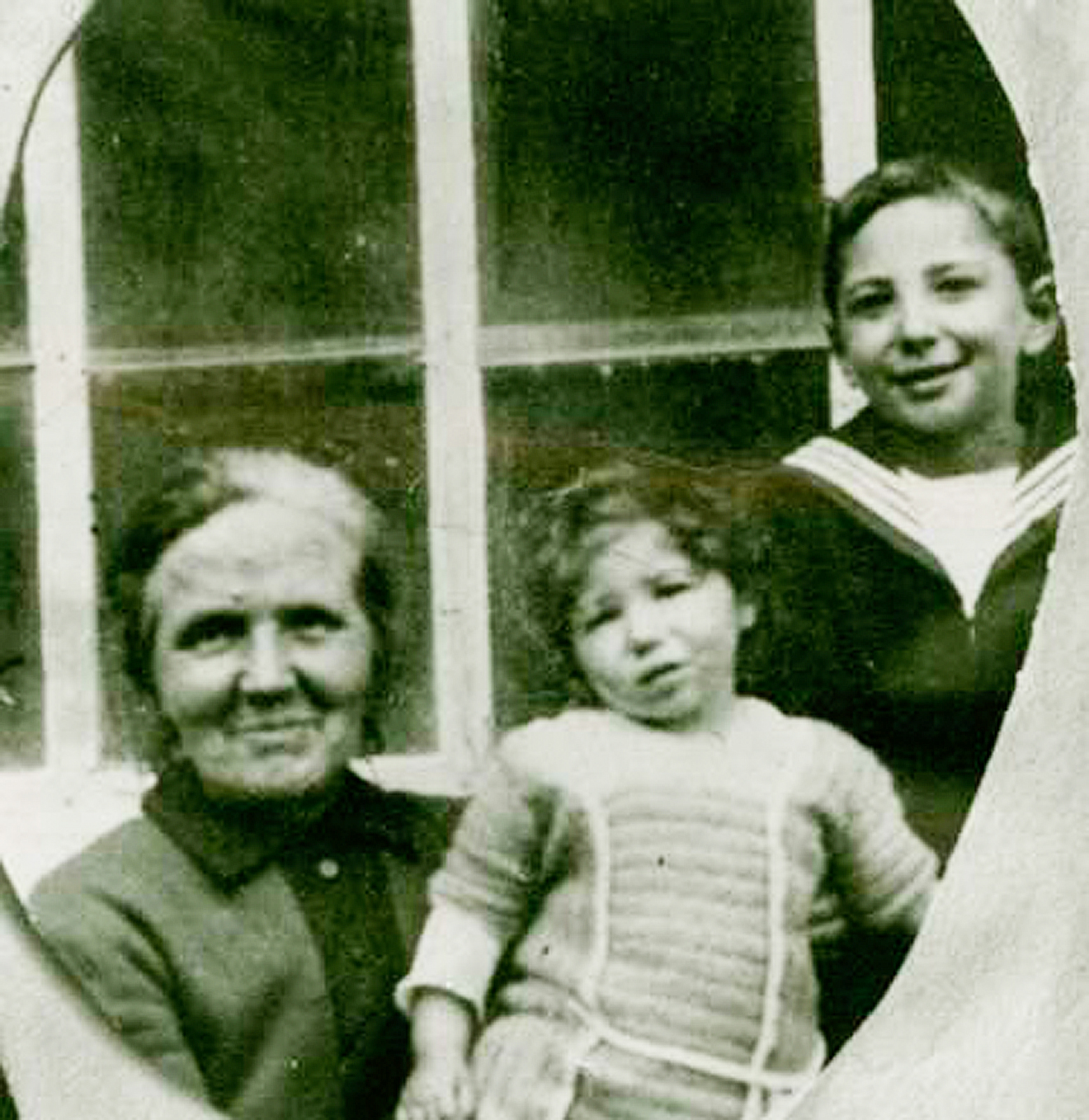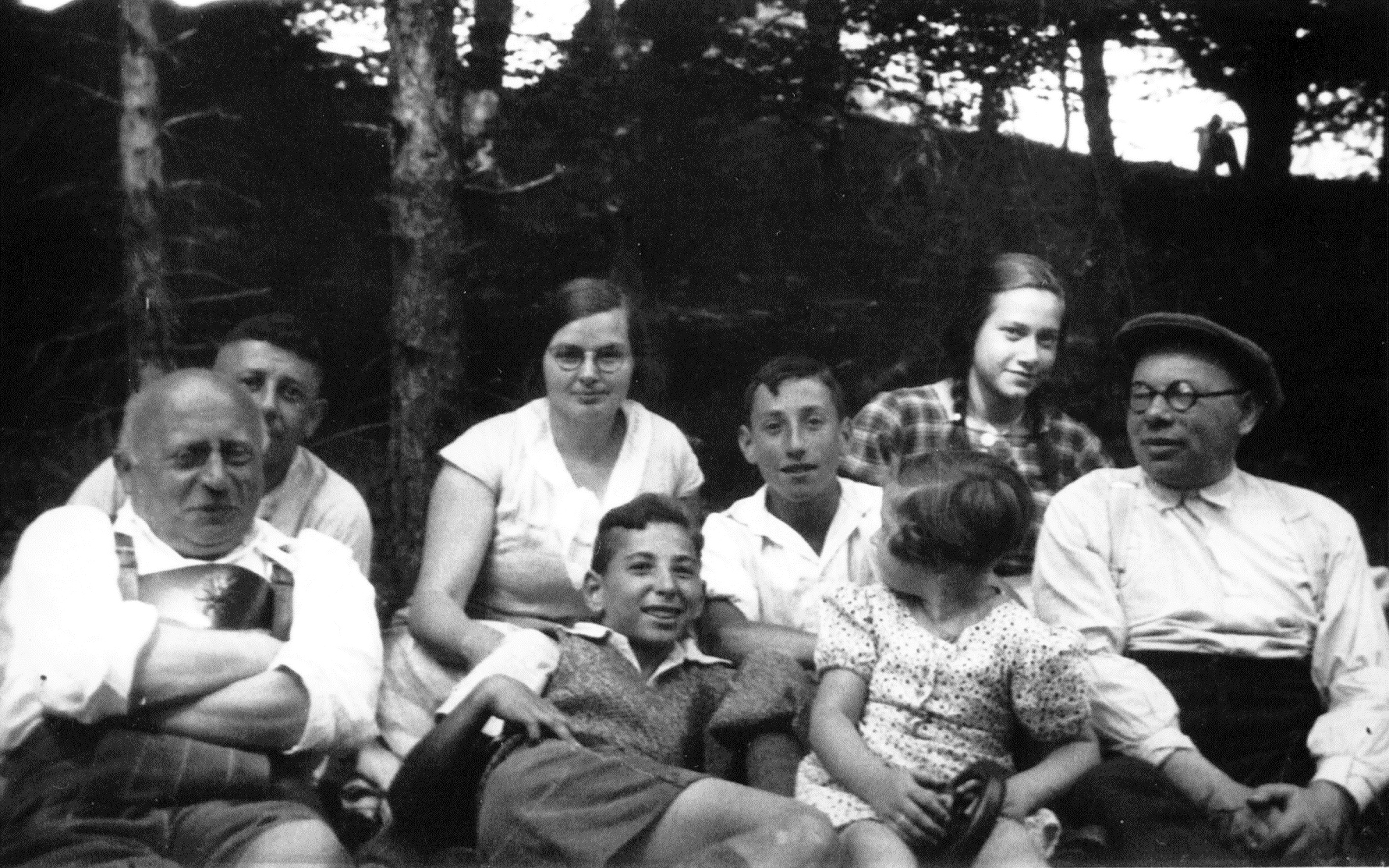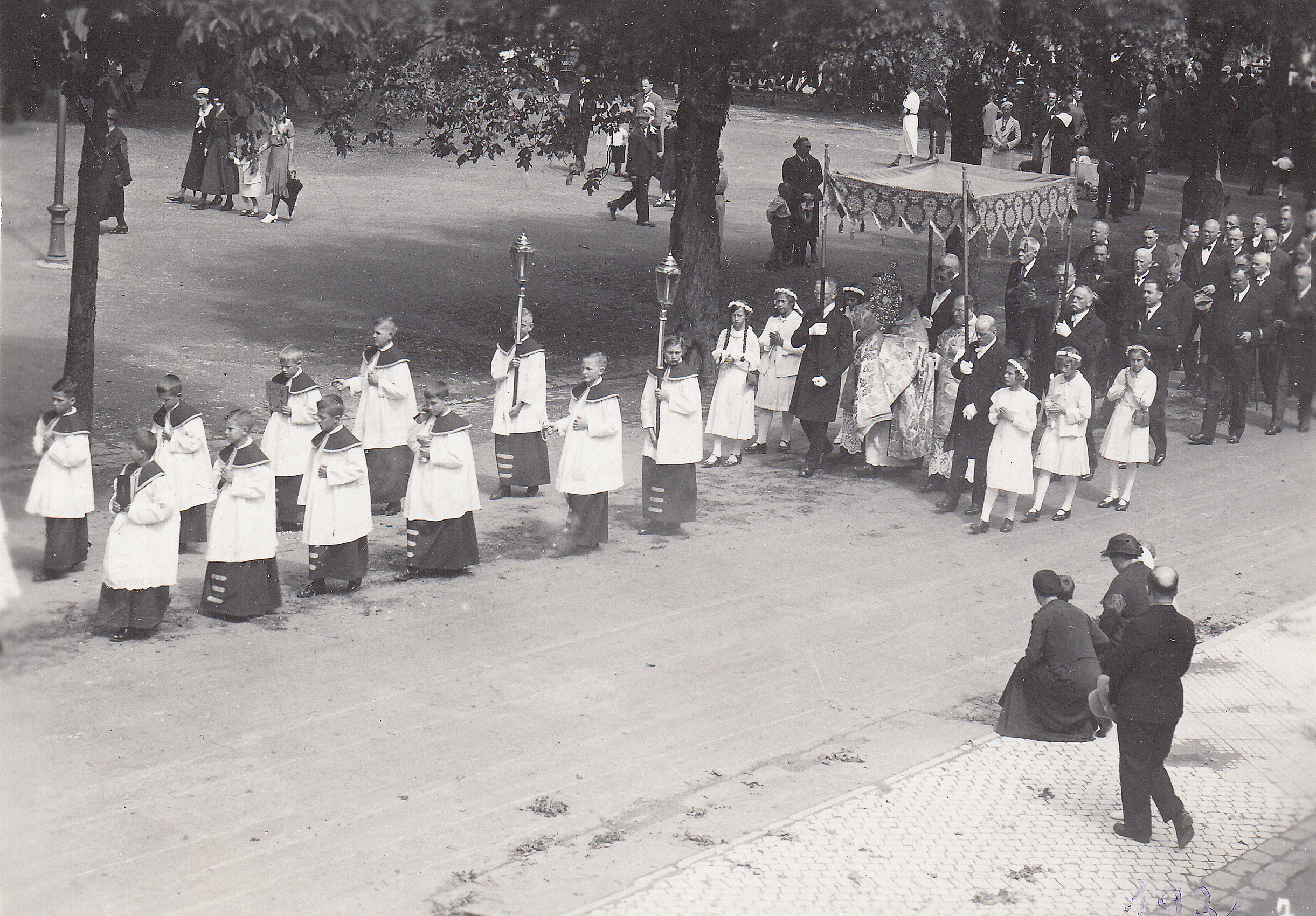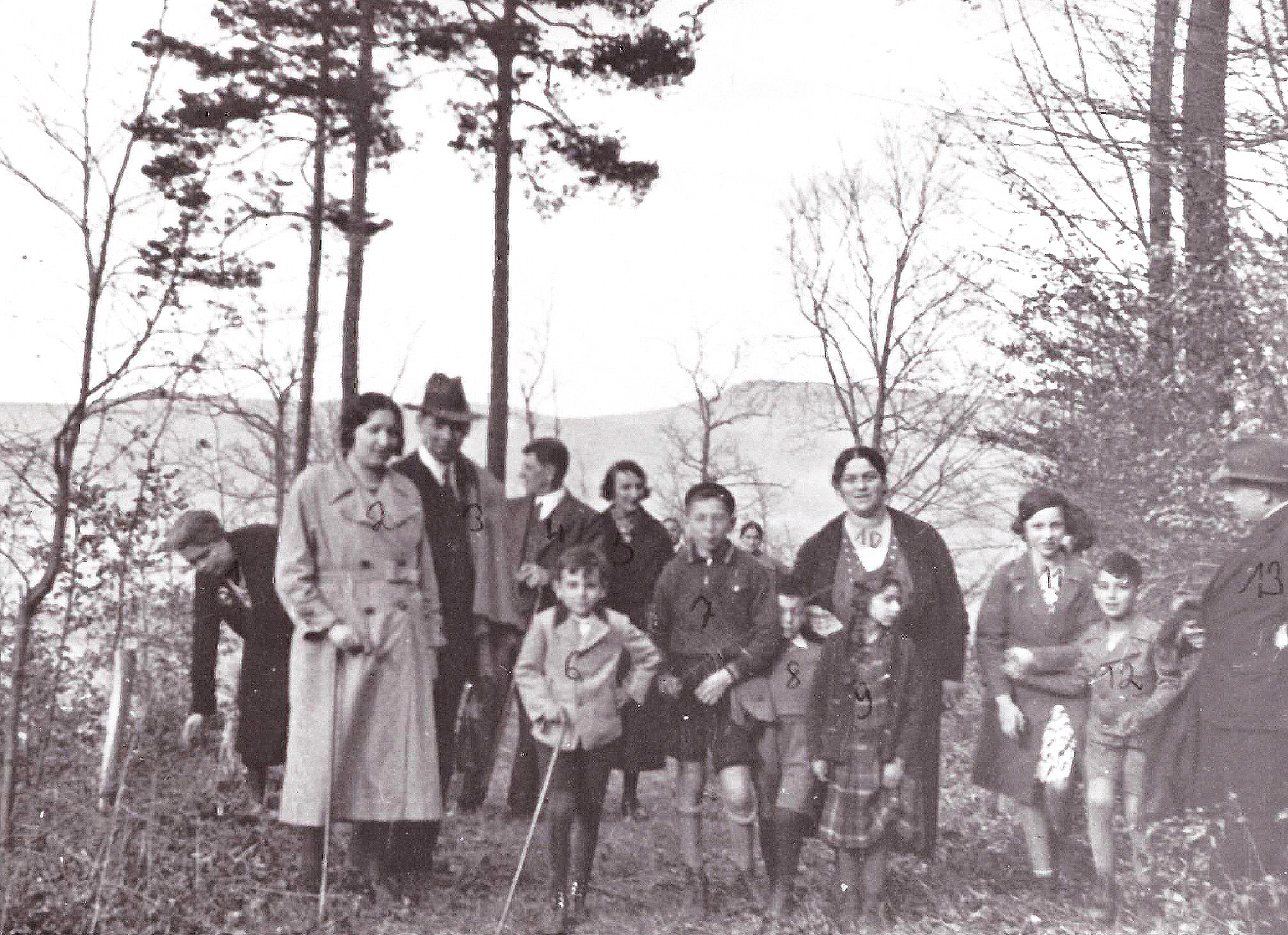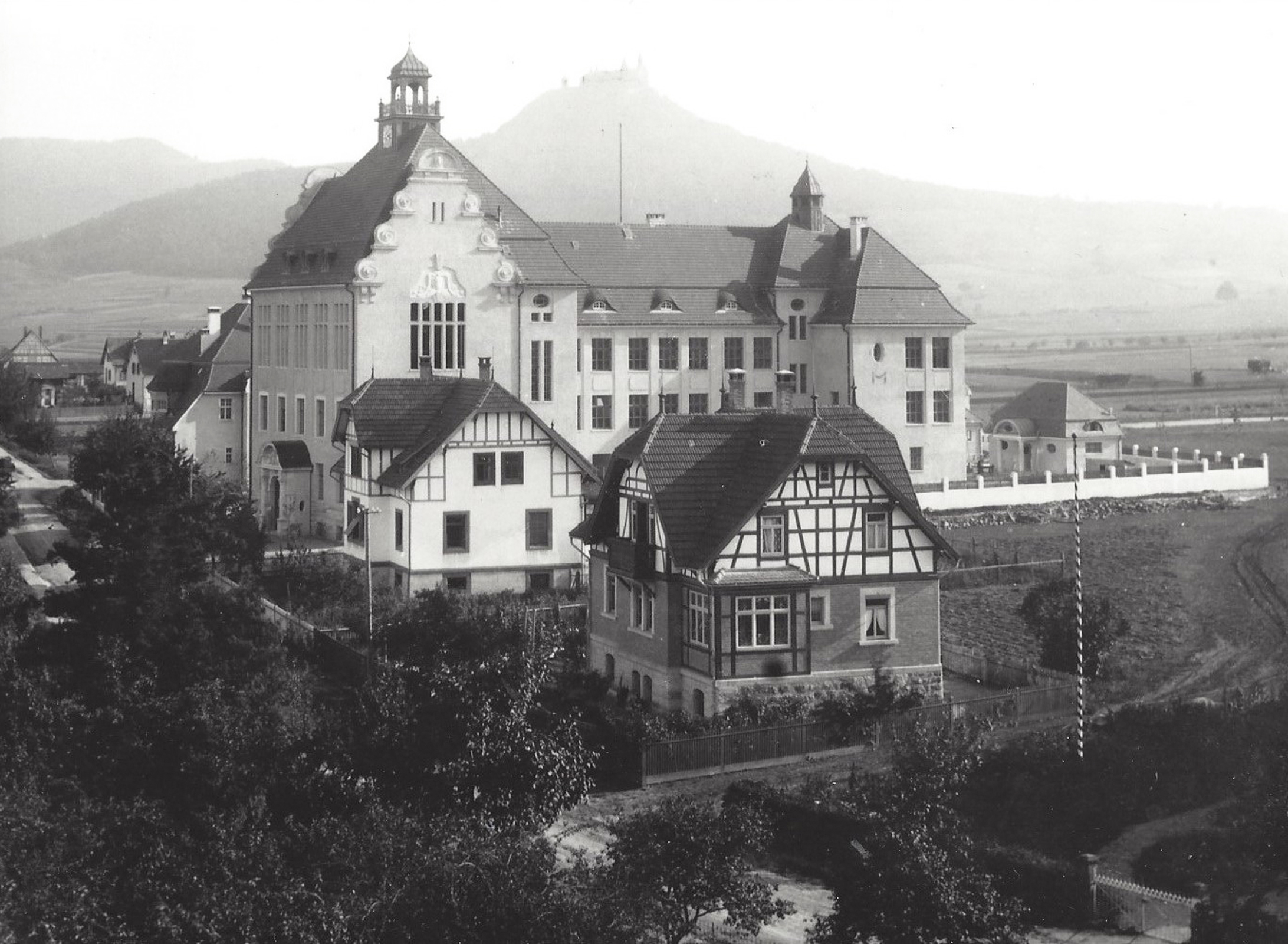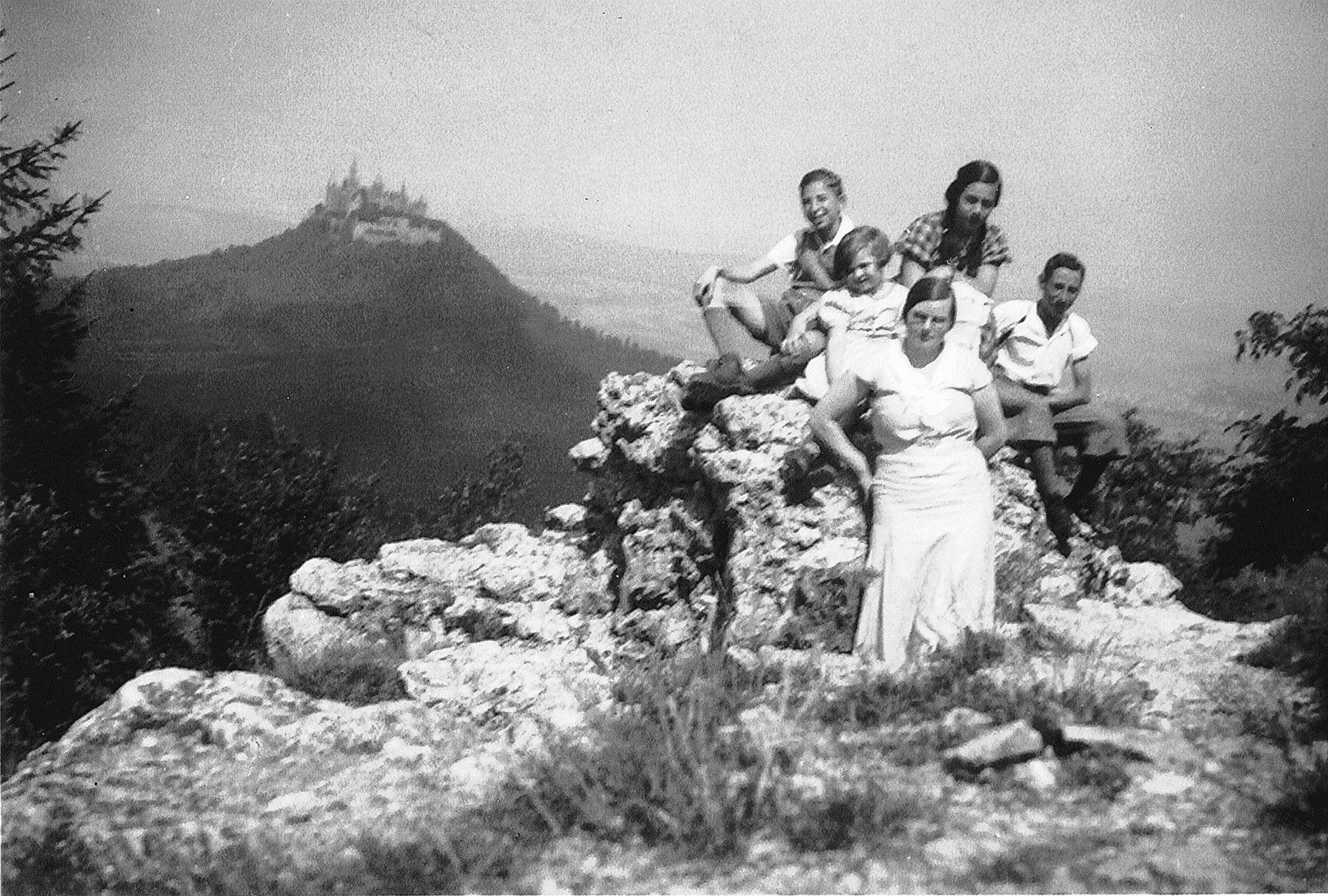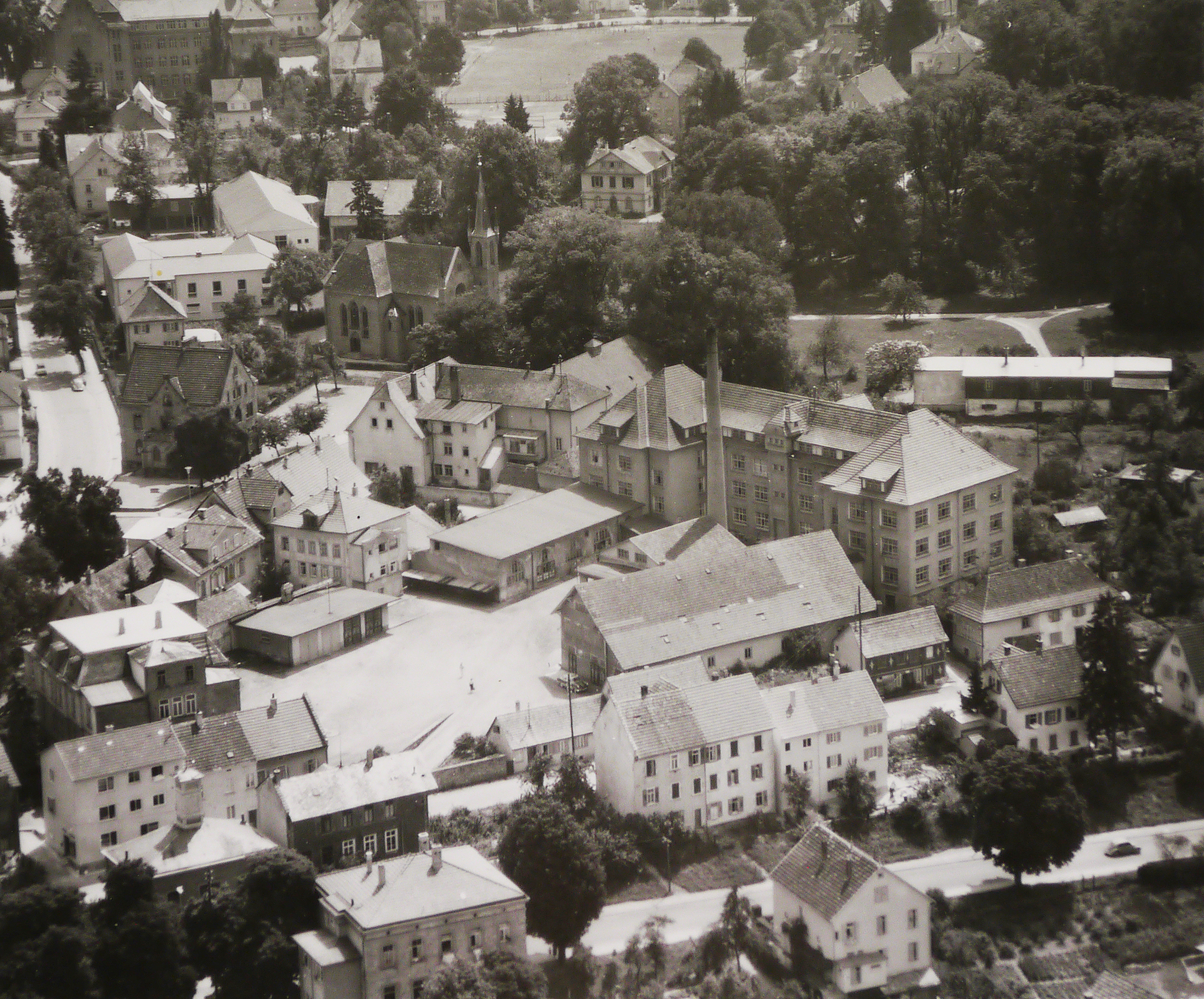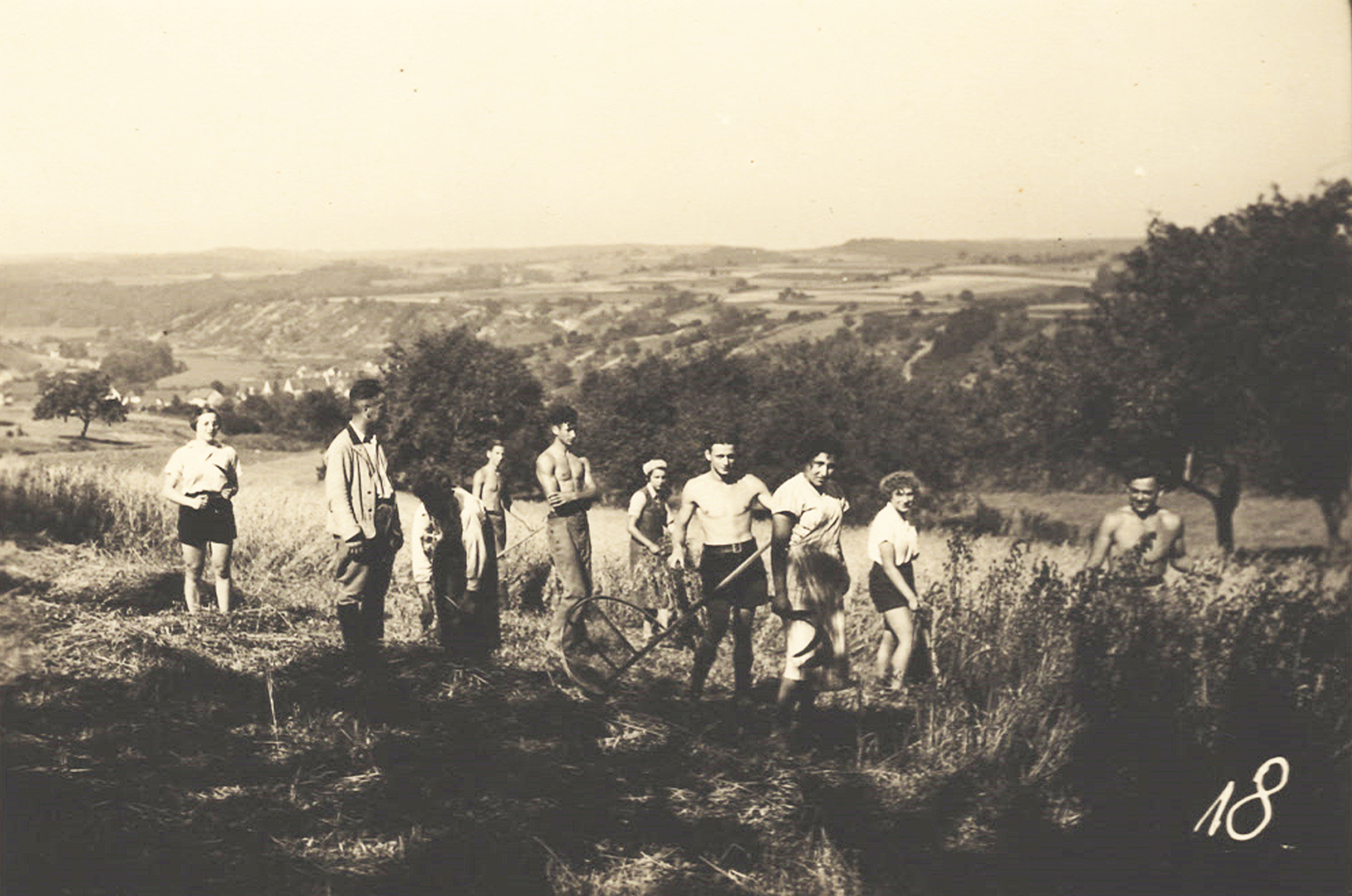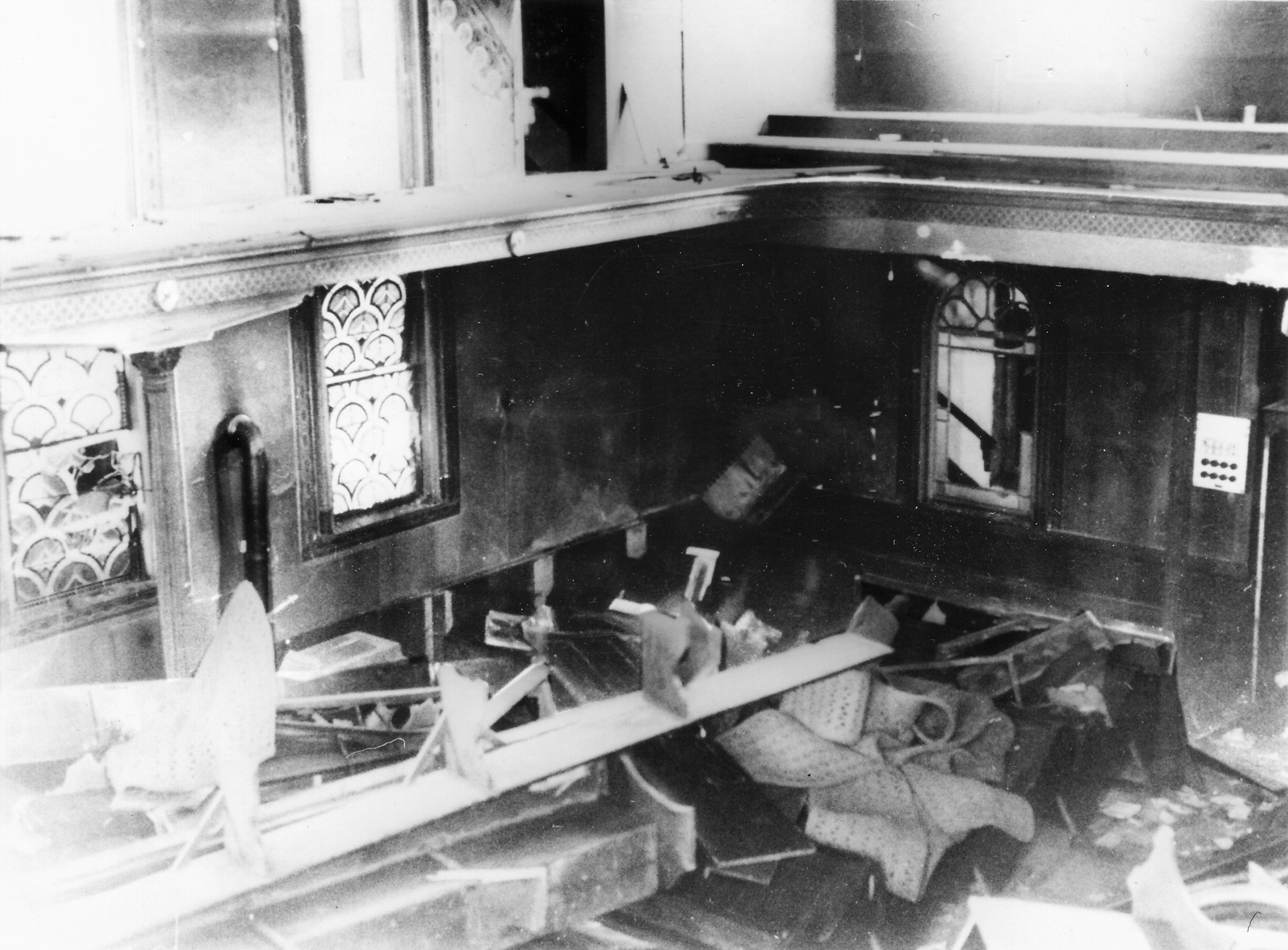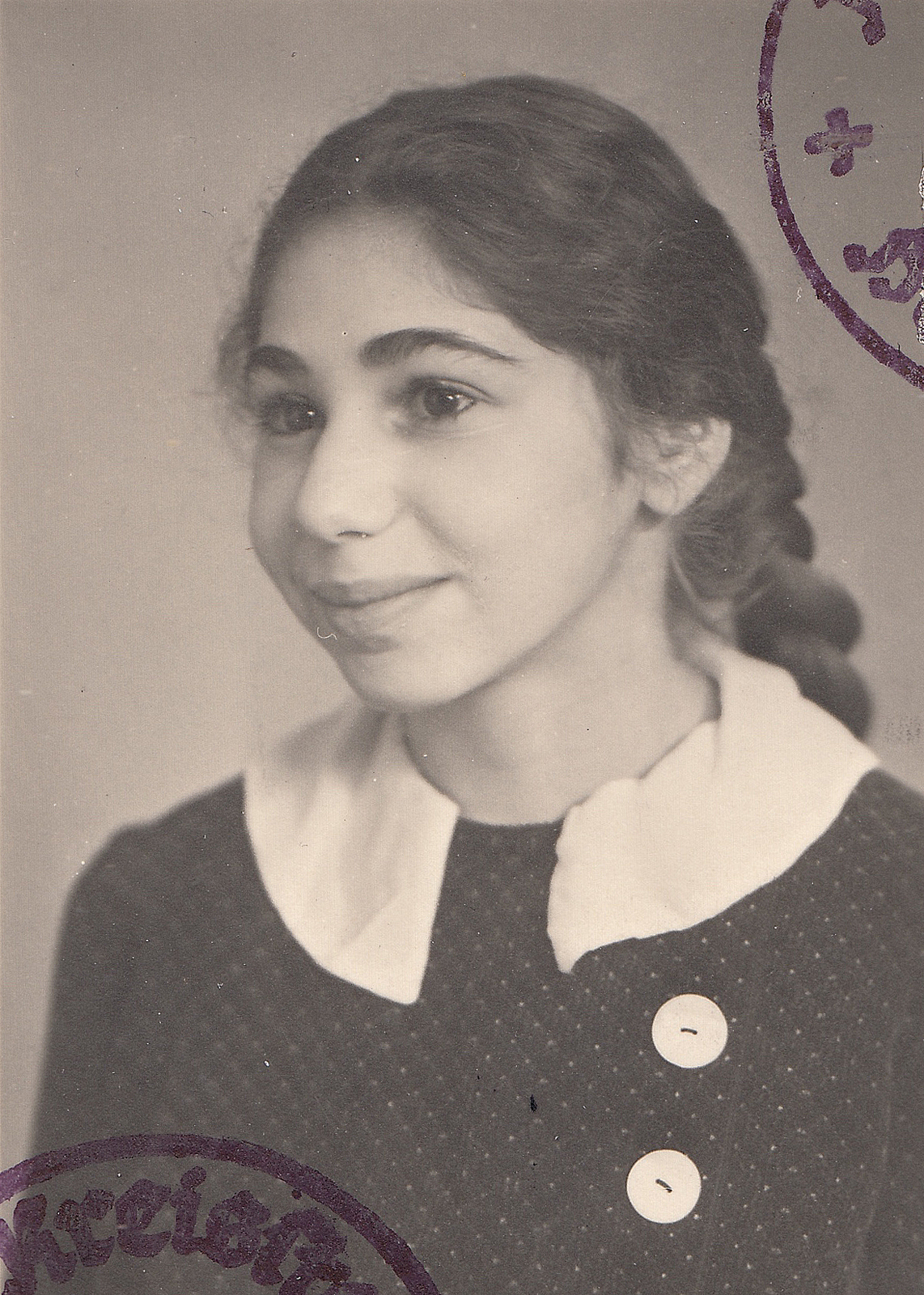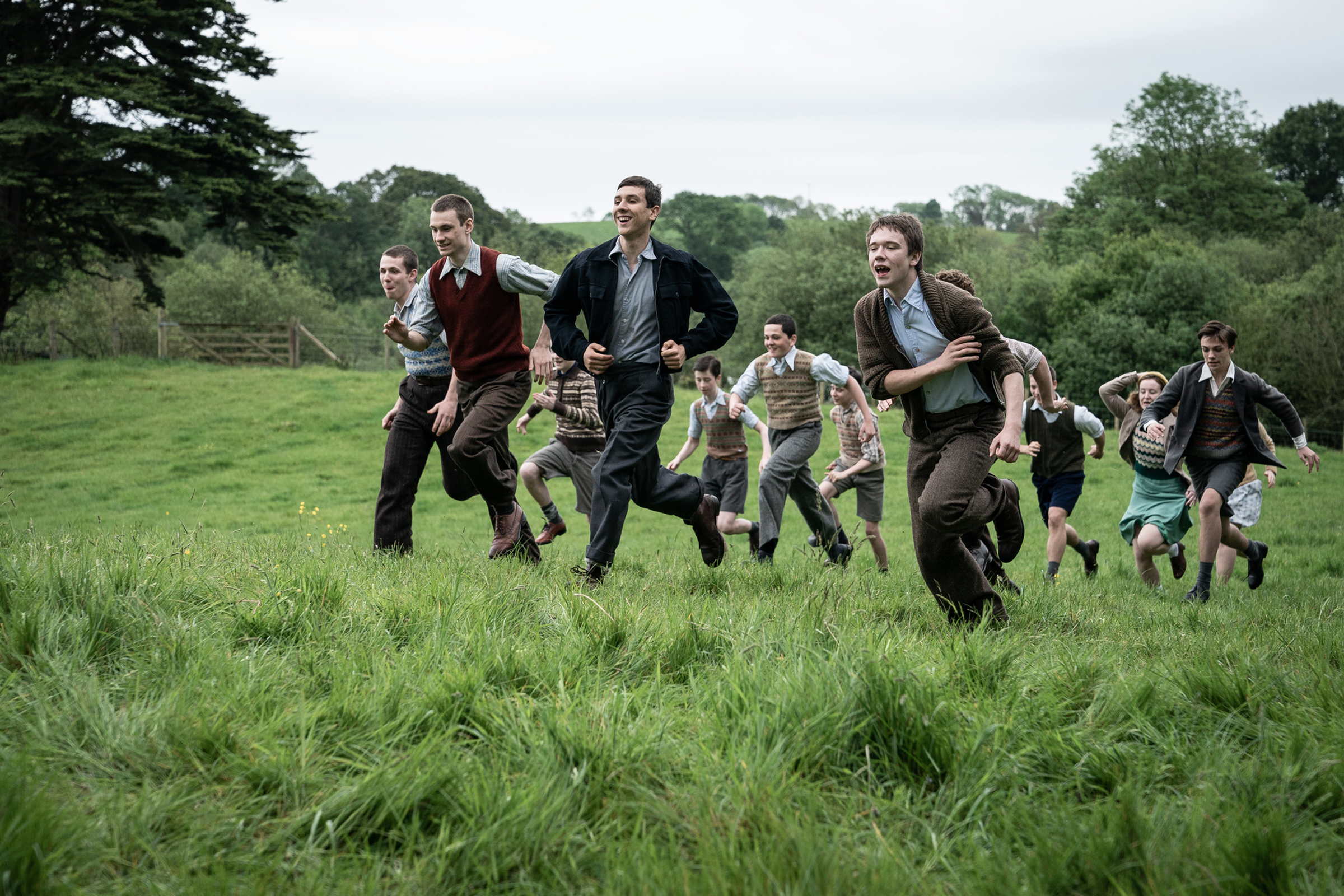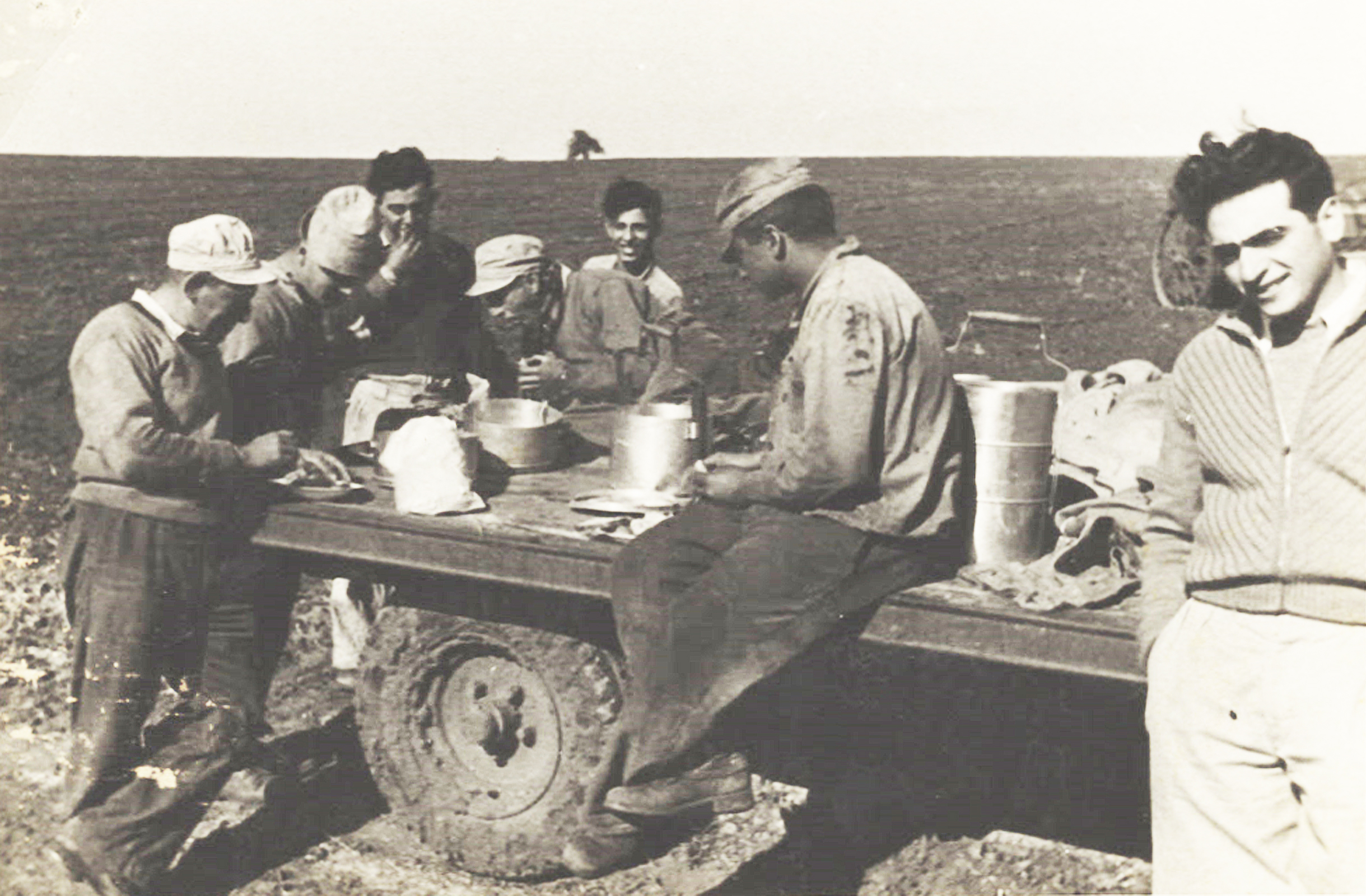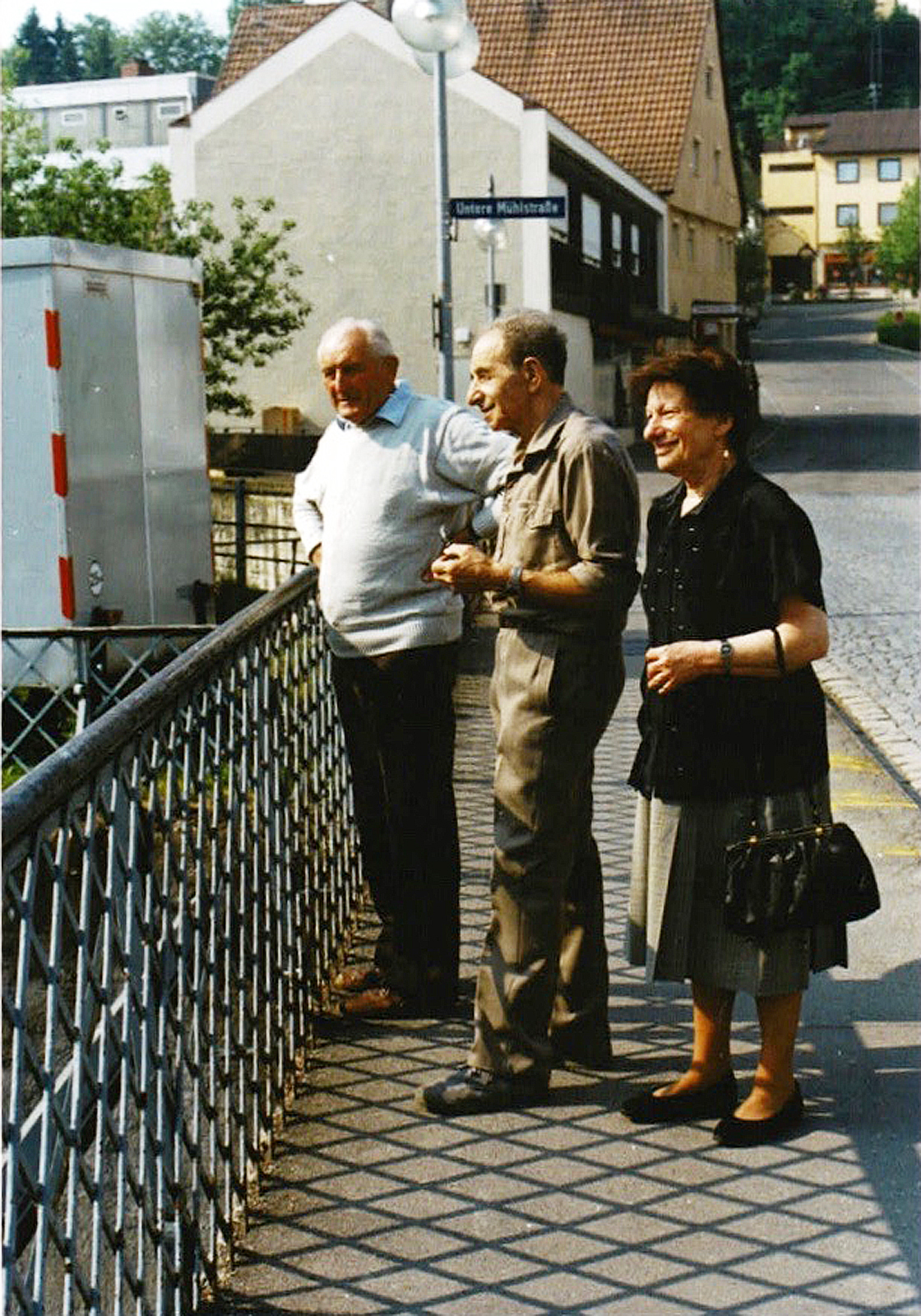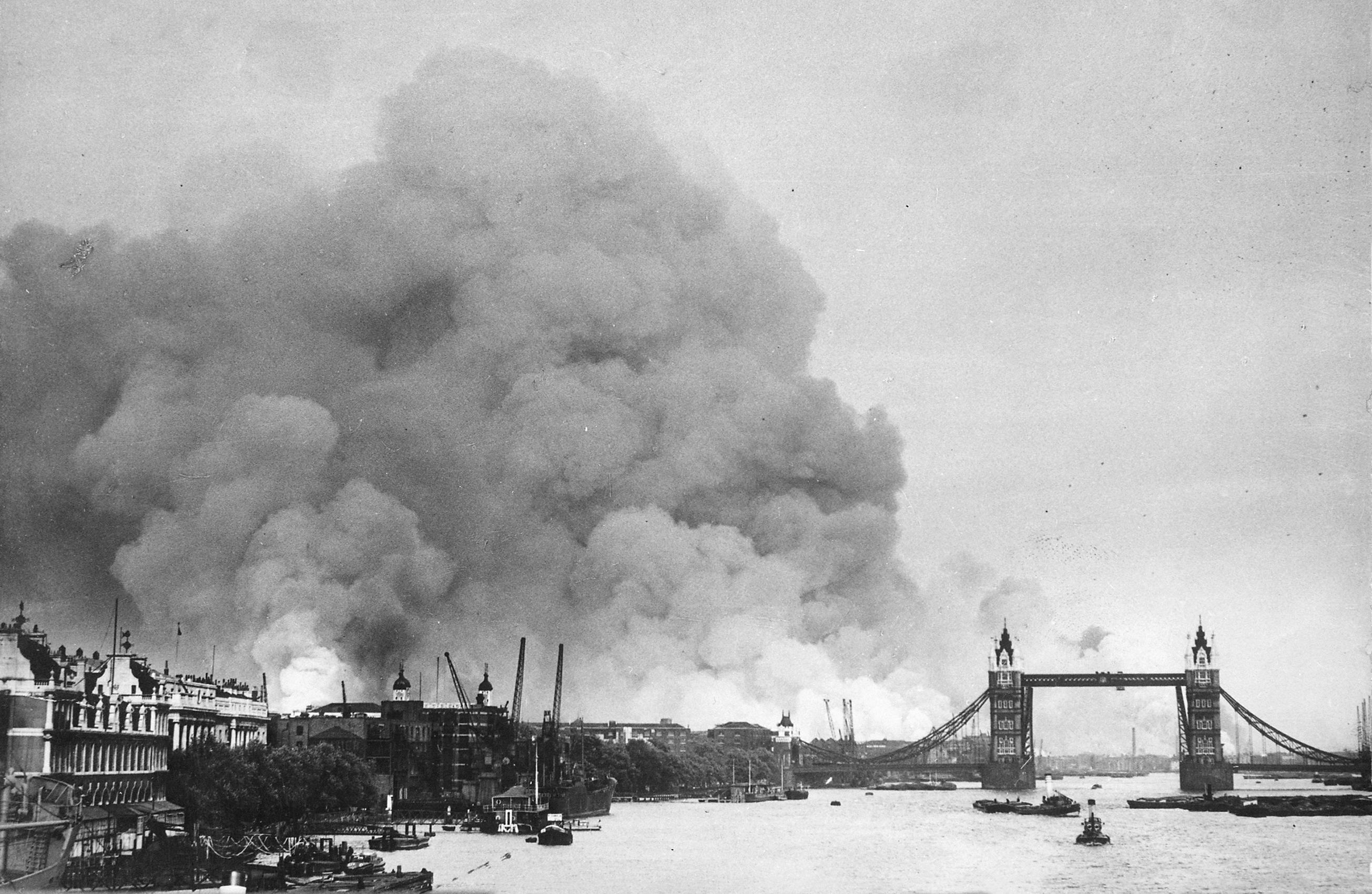
The young refugees worked in agriculture in various places in England. Manfred Bernheim recalled: "For some Englishmen we were "Huns," for others Jews. ... We had to fight against many prejudices and insinuations."
Over time, however, they managed to win the esteem of their employers.
"Our contribution (against Nazi Germany) was a working day from early in the morning until late at night. We would have preferred to fight, but we were not allowed to join the armed forces. ... England opened our eyes. We learned about the benefits of a free press, could read books, attend concerts and theater performances. All this had a significant formative influence on our thinking and broadened our horizons."
